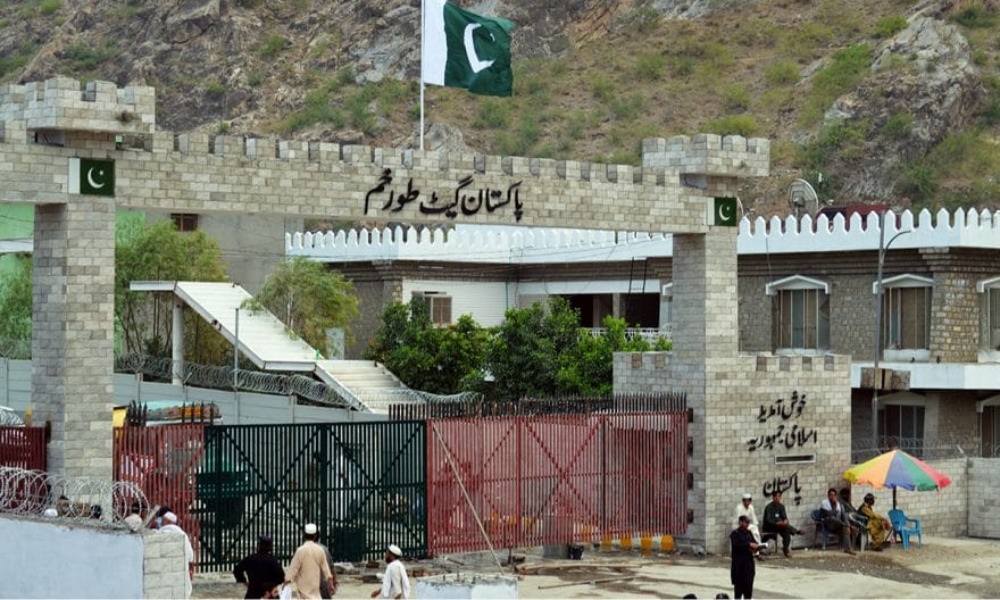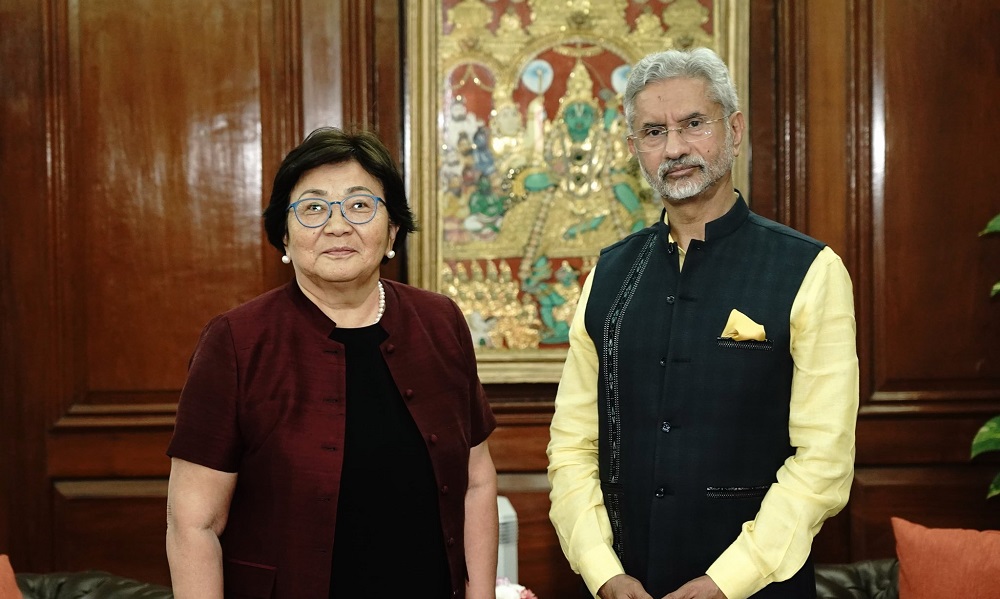Latest News
Pakistan clamps down on travel from Afghanistan and Iran

Pakistan on Sunday banned inbound pedestrian movement from neighboring Afghanistan and Iran in an attempt to contain the spread of coronavirus.
The decision will be effective from May 4 to May 20 and only Pakistani nationals and only people with extreme emergency medical issues will be allowed to enter the country from both countries.
All outbound pedestrian movement will be allowed.
Border terminals between the three countries will also remain open throughout the week for trade and cargo purposes, Anadolu News reported.
“With the emergence of various variants and to restrain import of any new mutation to Pakistan, the current policy of Land Border Management with Afghanistan and Iran has been reviewed to ensure regulated inbound pedestrian movement and effective management of COVID protocols at border terminals,” a government press release stated.
According to Anadolu, Pakistan has recently detected British, Brazilian, and South African variants of COVID-19, fearing a further rise in the already mounting infections.
It has also banned land and air travel from India, where record infections and deaths have overwhelmed the health care system.
The government has also decided to increase the strength of health and security officials at border terminals with Iran and Afghanistan for implementation of the testing protocols, and control high traffic density.
Inbound pedestrians will undergo a rapid antigen test, and Pakistani nationals who test positive will be shifted to nearby quarantine facilities.
Inbound Afghan pedestrians with exemptions who test positive will be reverted to the home country.
Pakistan has registered 829,933 cases, including 18,070 deaths.
Latest News
IEA urges World Bank to resume work on 7,000 incomplete projects

Officials at the Ministry of Rural Rehabilitation and Development (MRRD) say 7,000 incomplete projects of the World Bank are at risk of destruction in Afghanistan. They call on the World Bank to resume the work of these projects.
According to them, discussions have been held with the World Bank about these projects, but there has been no result yet.
“7,000 incomplete projects are being destroyed, and if the work is not started, these projects will be destroyed. We ask the World Bank to resume the work of these projects as soon as possible,” said Noorul Hadi Adel, the spokesperson of MRRD.
Meanwhile, members of the private sector also ask international institutions to resume their work in Afghanistan.
According to the officials of this sector, with the start of these projects, job opportunities will be provided for thousands of people in the country.
“These projects create employment for our people and the country will grow a lot,” said Mirwais Hajizadeh, a member of the private sector.
However, economic experts stated if the work of these projects does not start soon, they will be destroyed and the investments made in them will be wasted.
Latest News
Ten people killed by floods in Helmand

Ten people have been killed and six others injured by floods in Helmand province in the past week, local officials said on Friday.
According to officials, seven of those were members of the same family, and they were killed in Kajaki district last night.
“Most of the people moved from vulnerable areas to high lands and mountains, and thanks Allah the number of casualties is low,” Sher Mohammad Vahdat, the head of information of the Directorate of Information and Culture in Helmand, said adding rescue teams and security forces have been dispatched to help people.
It is said that the telecommunication system has also been disrupted due to the effect of floods in Kajaki district. Floods have also destroyed thousands of acres of agricultural land.
Latest News
UN envoy meets Indian foreign minister to discuss Afghanistan

Roza Otunbayeva, the UN Secretary General’s Special Representative for Afghanistan, met with the Indian Foreign Minister Subrahmanyam Jaishankar in New Delhi and discussed issues related to Afghanistan, it was announced on Thursday.
During the meeting, Otunbayeva thanked India for “its critical humanitarian support and longstanding friendship for the Afghan people” and discussed the importance of regional and international cooperation to address prevailing challenges in Afghanistan, UNAMA said on X.
Jaishankar also said on X that the sides exchanged views on the current situation in Afghanistan.
“Underlined that India has provided wheat, medicines, pesticides and school supplies. Appreciate the role of UN agencies as partners in these endeavors,” he said.
-

 Sport4 days ago
Sport4 days agoACL fever grows as fixtures finalized
-

 World5 days ago
World5 days agoUS will not take part in any Israeli retaliatory action against Iran
-

 Latest News5 days ago
Latest News5 days agoOver 50 people dead in traffic accidents over Eid
-

 Latest News4 days ago
Latest News4 days agoUS identifies Kabul airport suicide bomber
-

 Business4 days ago
Business4 days agoAfghanistan-Kazakhstan chamber of commerce opens in Herat
-

 Latest News5 days ago
Latest News5 days agoGood rains enable DABS to increase power production in Kabul
-

 World4 days ago
World4 days agoIsraeli military vows response to Iran attack as calls for restraint mount
-

 Sport3 days ago
Sport3 days agoATN secures exclusive rights to broadcast Paris 2024 Olympics
























